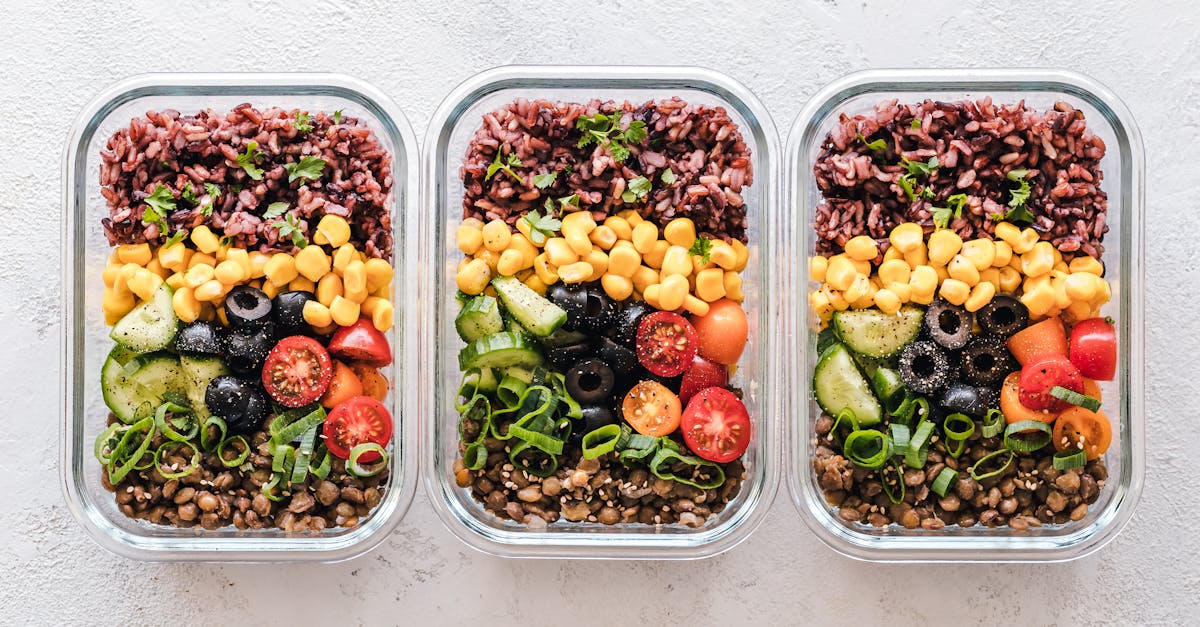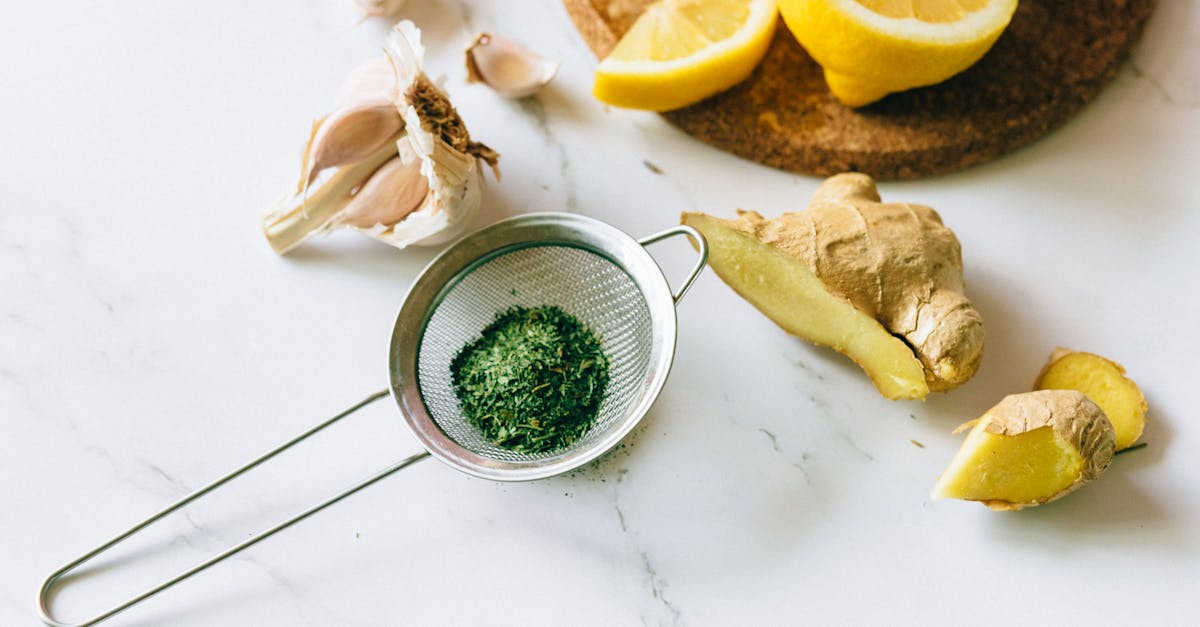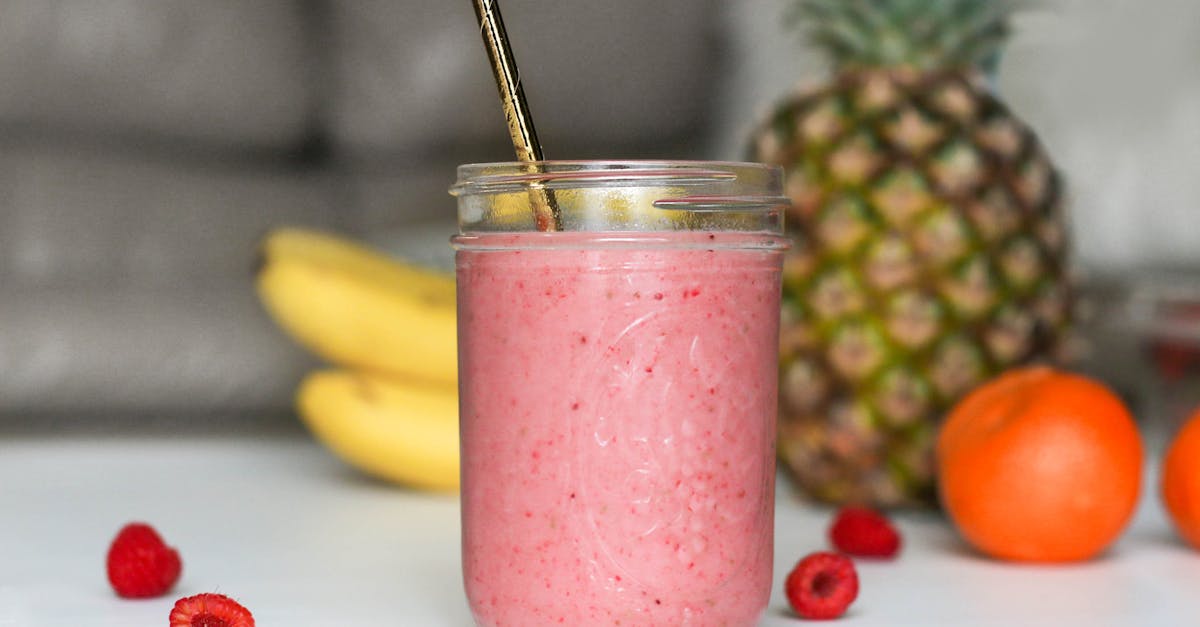Boost Your Immunity with Behealthy Tips
Introduction
The immune system acts as the body's natural defense line against infections, illnesses, and pandemics. Strengthening it is of paramount importance, especially in today's world filled with health challenges. Behealthy offers strategic tips to foster a resilient immune response through both diet and lifestyle changes. By integrating certain daily habits, we can actively enhance our immunity, leading to overall improved health. This article delves into the most effective tips and practices to supercharge your immune system. Whether you're looking to fend off seasonal colds or build long-term health resilience, these methods promise transformational benefits.
Advertisement
The Importance of a Balanced Diet
What you eat plays a vital role in determining your immune strength. A balanced diet enriched with essential vitamins and minerals provides the energy needed to maintain optimal immune function. Zinc, vitamin C, and vitamin E are potent antioxidants that help fight off potential infections. Incorporating a variety of fruits, vegetables, lean proteins, and whole grains ensures your immune system has all the nutrients it requires. Avoiding processed foods while introducing fermented ones, such as yogurt and sauerkraut, can further boost gut health, a critical component of immunity.
Advertisement
Hydration is Key
Staying hydrated is often an overlooked aspect of maintaining a robust immune system. Water helps transport nutrients to cells and removes toxins from the body—a process essential for immune health. Consistent hydration supports organ functions like the lungs and kidneys, which play roles in detoxification and infection prevention. Opt for herbal teas or infused water to make hydrating more enjoyable. Remember, when feeling under the weather, increasing your fluid intake can significantly aid recovery and bolster your immune defenses.
Advertisement
Sleep to Fortify
Quality sleep acts as the body's natural booster, elevating immune responses through rest and recovery. During sleep, the body produces cytokines, crucial proteins that target infection and inflammation. Achieving 7-9 hours of sleep nightly nurtures these processes and revitalizes both the mental and physical states. A regular sleep pattern, abstaining from electronic screens before bed, and creating a serene sleep environment can amplify restfulness and immune response. Experts advocate for consistency in sleep schedules, particularly emphasizing the restorative power of deep, uninterrupted sleep.
Advertisement
Exercise and Immunity
Regular physical activity is indispensable in nurturing a strong immune system. Exercise promotes circulation, enabling immune cells to move effectively throughout the body. It also helps reduce stress hormones, creating a conducive environment for immune function. Both moderate-intensity exercises like brisk walking or light jogging and higher-intensity workouts have been shown to benefit immunity. Prioritizing at least 150 minutes of exercise weekly can significantly enhance bodily defenses, supporting a quicker recovery during illnesses tighter recovery periods.
Advertisement
Manage Stress Levels
Chronic stress can impede immune efficiency, making stress management vital for heightened immunity. Stress encourages the release of cortisol, a hormone linked to reduced immune response. Engaging in relaxation techniques such as meditation, yoga, and deep breathing can attenuate stress levels. Taking breaks throughout the day, practicing gratitude, and adopting mindful activities foster mental wellness, which in turn strengthens immunity. Actively managing stress can counterbalance daily challenges, offering immunity a fighting chance.
Advertisement
Maintain Social Connections
Surprisingly, social connections can directly affect immune health. Supportive relationships foster a sense of belonging, reducing stress and promoting emotional well-being. Social interaction encourages positive emotional states, directly contributing to immunity. Engaging in community activities, staying connected with friends or family, and seeking emotional support when needed can heighten immune function. Almost akin to a nutrient, human connections nourish the mind and spirit, ultimately fortifying physical health.
Advertisement
Detoxify Your Environment
Daily exposure to environmental toxins can strain the immune system. Reducing pollutants, such as cigarette smoke and chemical-laden cleaning agents, minimizes immune suppression. Opting for natural cleaning products, ventilating your living space, and incorporating indoor plants are simple measures to purify air quality. Establishing a toxin-free environment can decrease the burden on the immune system, promoting better health outcomes. Addressing environmental factors is as crucial as dietary adjustments when pursuing immune resilience.
Advertisement
The Role of Supplements
When natural food sources fall short, supplements can bridge nutritional gaps vital for immunity. Vitamins D, B6, and probiotics are known to promote immune health. A consultation with a healthcare professional can help tailor supplements to individual needs, ensuring safe and effective usage. While supplements can aid in immunity, they should not replace whole foods but rather complement a healthy lifestyle. Integrating evidence-based supplements judiciously can further optimize immune functionality, offering comprehensive health benefits.
Advertisement
Conclusion
Strengthening your immune system doesn't occur overnight, but adopting consistent Behealthy tips can lead to significant improvements. Integrating balanced nutrition, sufficient hydration, regular exercise, and sleep can provide a solid foundation. Stress management and maintaining social contacts are equally vital for a well-rounded immune approach. By making conscious daily choices, you can nurture a resilient immune system, better prepared to tackle health challenges. Embrace these strategies to safeguard your health today and for years to come.
Advertisement








